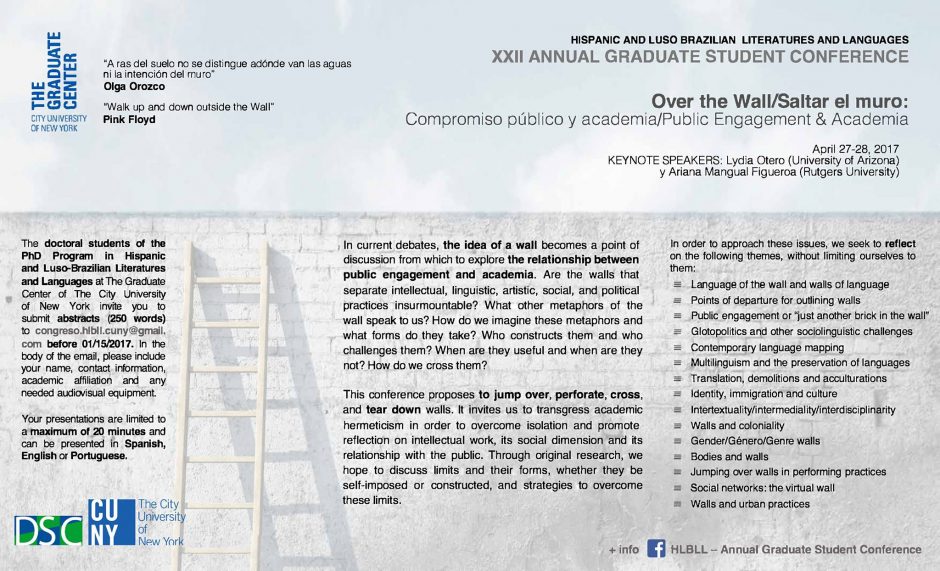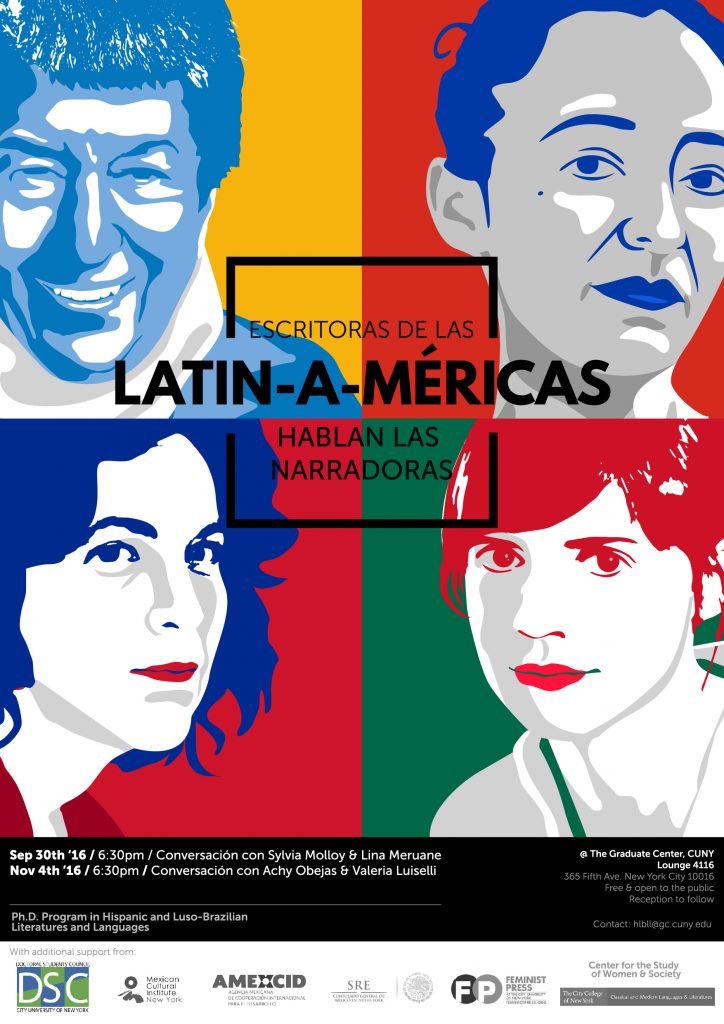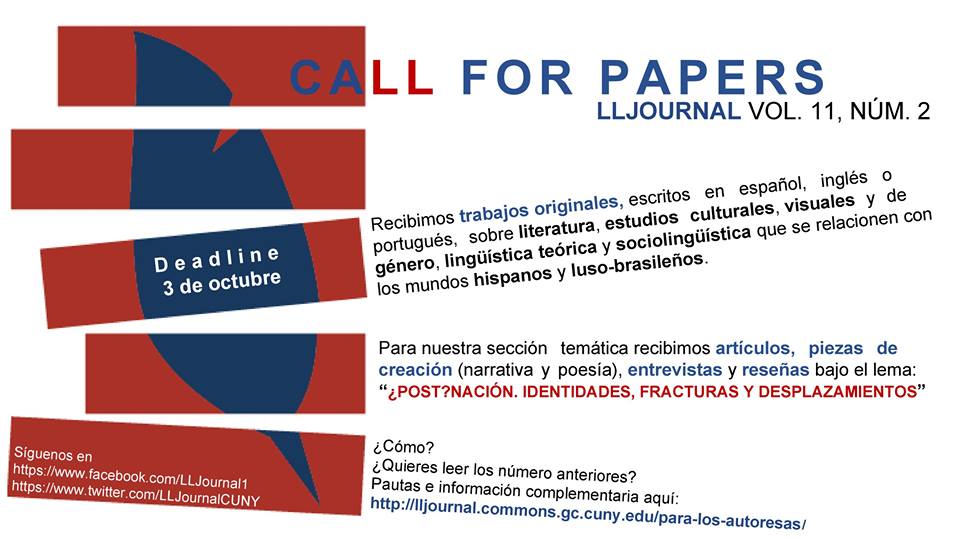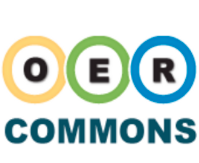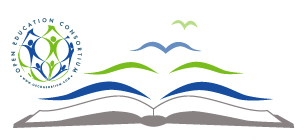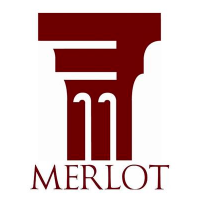This is the final HLBLL blog feature in Summer Series on Fall Teaching (SSOFT). We hope that our brief writeups and links to resources in the CUNY world and beyond have helped you prepare for the upcoming semester of teaching in CUNY.
This week, SSOFT features The Linguist’s Kitchen.
Past SSOFT features:
Open Educational Resources
The Graduate Center’s Teaching and Learning Center
Free course sites and Social Paper: OpenCUNY, The CUNY Academic Commons, and Social Paper
Resource Repositories: CUNY Syllabus Project, CUNY Academic Works
The Linguist’s Kitchen
Ian Phillips, PhD candidate in Linguistics at the Graduate Center, developed The Linguist’s Kitchen with the support of the New Media Lab and a Provost’s Digital Innovation Grant. The application will be launched shortly. Ahead of its launch, creator Ian Phillips shared a bit about how The Linguist’s Kitchen came to be and how CUNY instructors and students might use it in the classroom. Read our interview below.
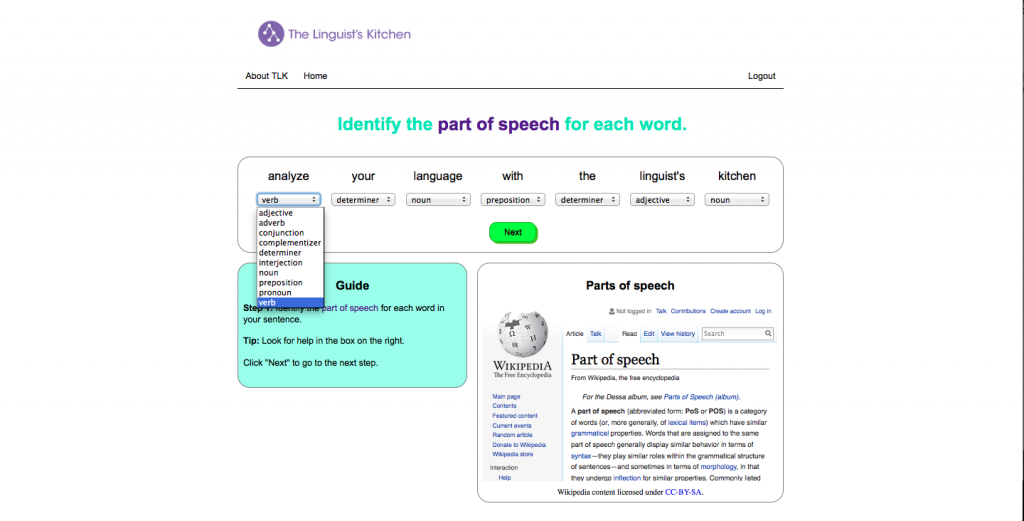 The site is called “The Linguist’s Kitchen.” So what does it mean to “cook” data?
The site is called “The Linguist’s Kitchen.” So what does it mean to “cook” data?
If you go out there and collect linguistic data in the world, that’s a bit messy, you need to clean it up. So the idea is that [using The Linguist’s Kitchen] you can cook it up, clean it up. In linguistics, cooked data will allow you to learn something, come to a generalization.
Could you tell me a bit about how you came up with the idea for the Linguist’s Kitchen? Why do you think it’s a helpful application?
At the time I was in the ITP [Instructional Technology and Pedagogy certificate] program and also teaching a course at City College called Languages and Dialects in Cross-Cultural Perspective. I was teaching this course and most of the students had never thought about language as a system, something that could be analyzed for something other than meaning. One of the important parts of the course is talking about syntax and how all languages have syntax. But we didn’t get really deep because it was introductory. We talked about syntactic constituents and identified phrase structure rules. And the students had a hard time with that because there are so many ways to analyze a sentence.
The other part of it, I had 41 students in that class and there were something like 29 different languages spoken by students in the class. So we talked about how what makes a dialect different than a “standard” language is perception. “Standard” languages are spoken by people in power. And homework examples [for this class] would focus on dominant, standard languages, but you wouldn’t do a lot of work analyzing those other languages that students spoke and most of the students who spoke non-standard language varieties (of English or Spanish mostly) also didn’t have a high opinion of their own language. They viewed these languages as “broken” or “incorrect.”
So the idea was, since all languages have rules, why can’t we analyze their own language practices. That was the motivation [for this site], and maybe it will help student engagement because they are analyzing their own languages. They are the experts.
How do you expect to see The Linguist’s Kitchen being used in classrooms?
Test groups thought that even just a portion of this site, like identifying parts of speech of a sentence, would be great for some classes. A recurring theme is that it would be good to use in conjunction with classroom instruction. It’s not quite at the point where the students can just go at it alone.
It can be used for students to analyze their own languages, but a good starting point would be to have instructors give students lists of sentences to be analyzed that they know would work out well.
This interface also would be good to analyze sentences where there is code switching, which a lot of students are interested in.
It could also be used for any course where you’re teaching anything about language learning. Sometimes students come in and don’t know the parts of speech.
I’d like to emphasize that this was an experiment in pedagogy, and I really just wanted to see if this could improve teaching and learning in the classroom.
—–
As tips for use of The Linguist’s Kitchen in your classroom, Ian also adds that while the end goal is to have instructor and student roles, and possibly even a researcher interface, at this point the site will be most beneficial for student learning if paired with classroom instruction and if students are given curated sentences to “cook.”
If you choose to use The Linguist’s Kitchen in your classroom this fall, Ian appreciates feedback on how you and your students use the site, and on any bugs you find.
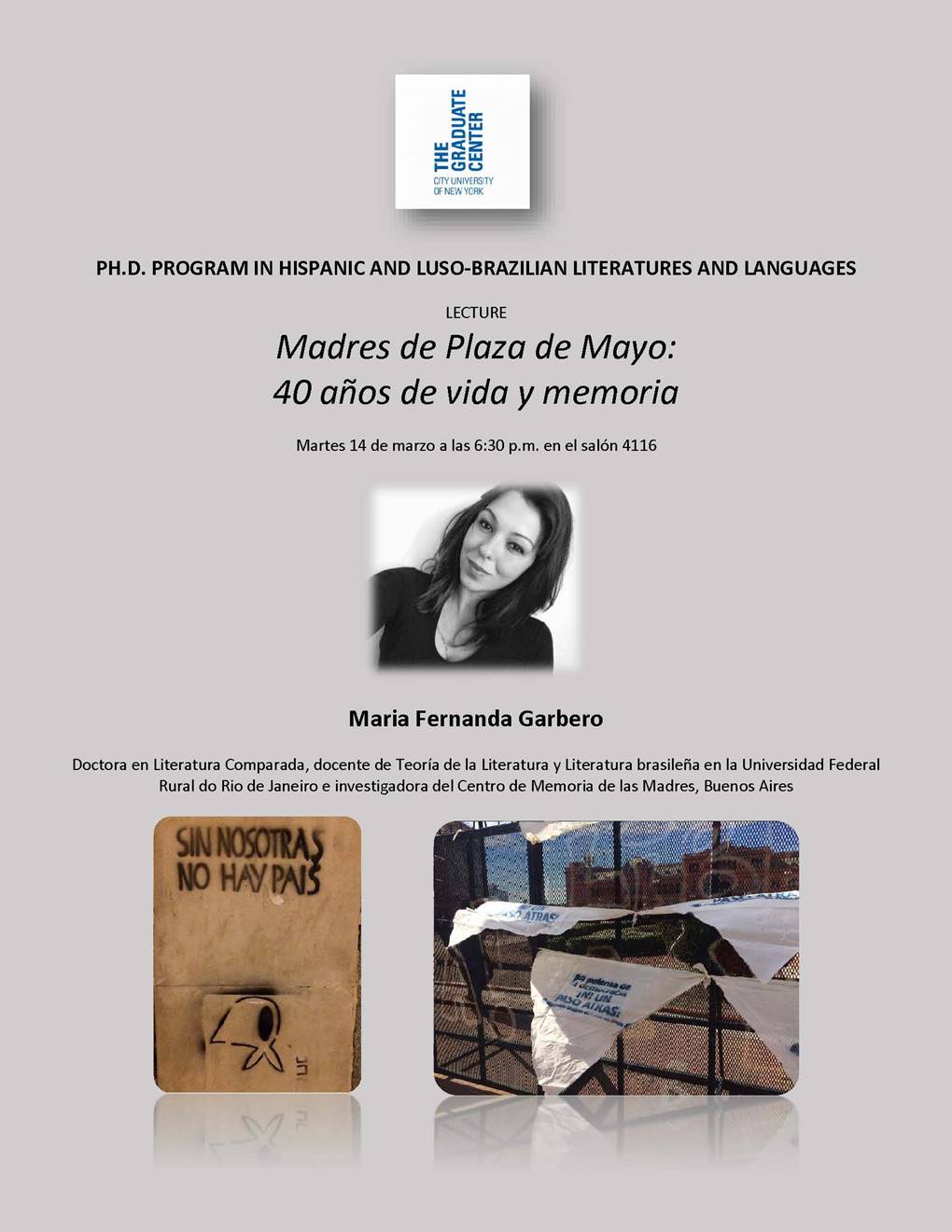

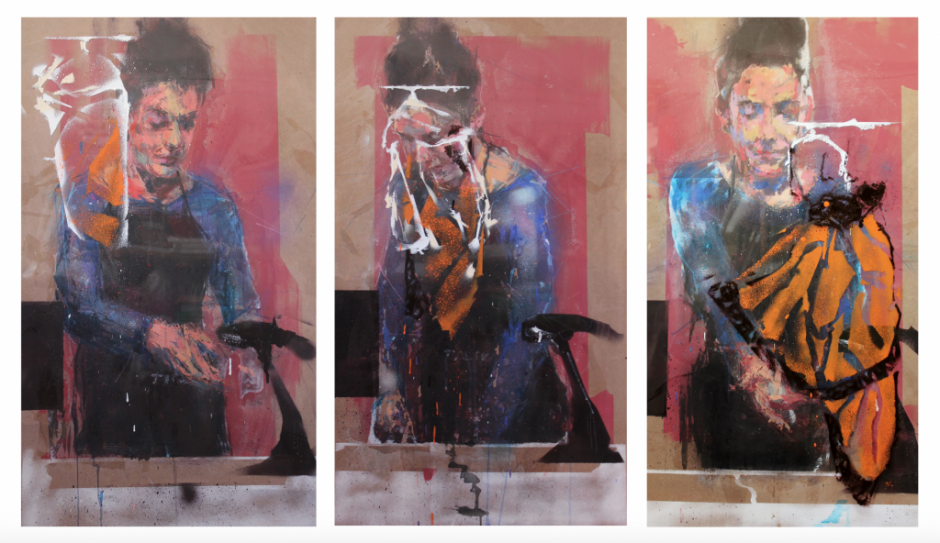
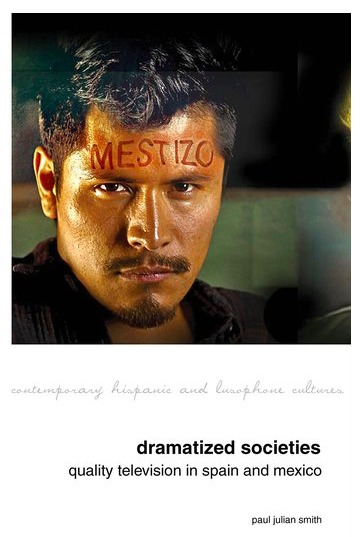
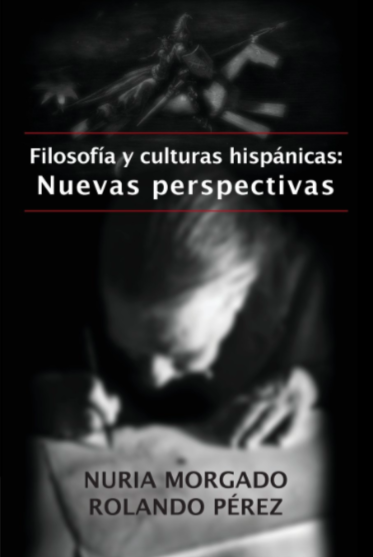 What: Filosofía y culturas hispánicas: nuevas perspectivas, edited by Nuria Morgado and Rolando Pérez.
What: Filosofía y culturas hispánicas: nuevas perspectivas, edited by Nuria Morgado and Rolando Pérez.